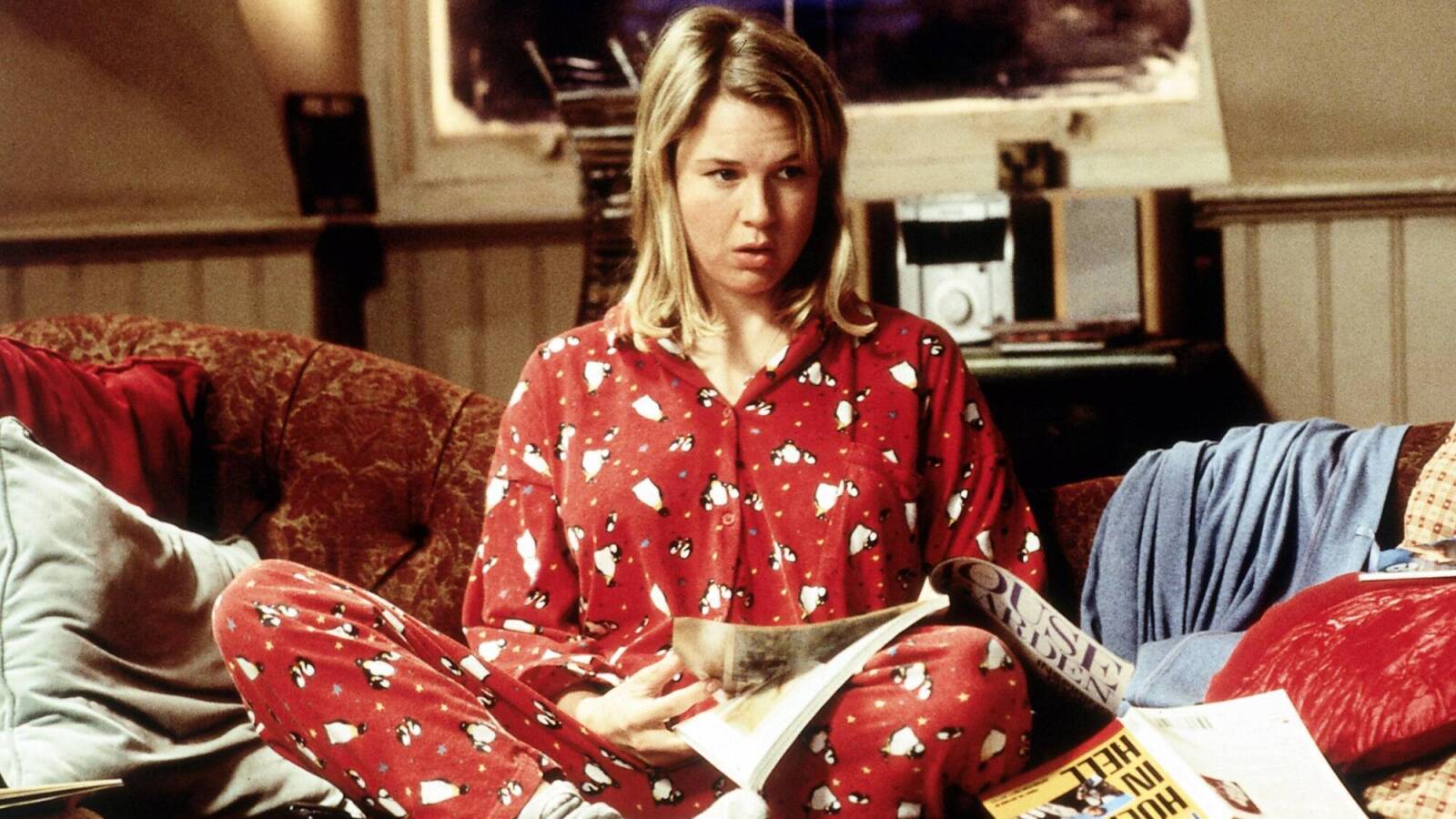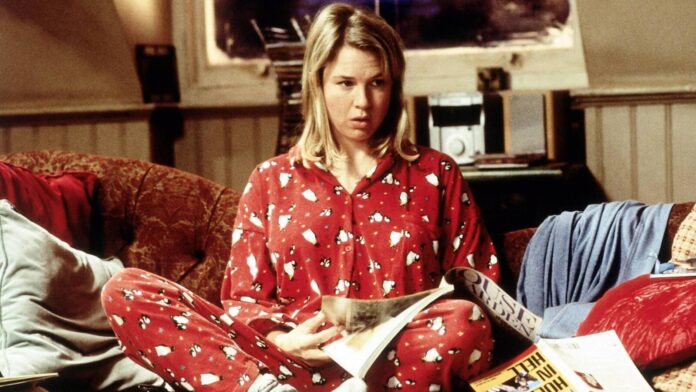“Love in the Time of Low-Rise Jeans: 22 Movies That Prove the 2000s Were the Golden Age of Rom-Coms”
Get ready to swoon, giggles, and maybe even shed a tear or two, as we take a trip down memory lane to the most iconic decade for romantic comedies – the 2000s! A time when flip phones were the norm, Frosted Tips were a hairdo, and Jennifer Lopez’s “Jenny from the Block” was the ultimate anthem. But amidst all the nostalgia, the 2000s truly were a golden age for rom-coms, churning out some of the most beloved, laugh-out-loud, and heartwarming movies that have stood the test of time.

The Resurgence of Romcoms: Setting the Stage
The 2000s saw a significant resurgence in the romantic comedy genre, paving the way for a decade that would be remembered as the golden age of romcoms. A key factor in this resurgence was the evolution of the romcom heroine.
From Meg Ryan to Sandra Bullock: The Evolution of Romcom Heroines
Sandra Bullock’s breakout performances in Miss Congeniality (2000) and While You Were Sleeping (1995) marked a significant shift in the type of romcom heroines audiences were being presented with. Gone were the days of the traditional, wholesome, and often one-dimensional heroines of the 80s and 90s.
Julia Roberts, an icon of the 90s romcom scene, continued to be a staple in the genre, but her presence was no longer the defining factor it once was. Instead, new actresses like Sandra Bullock, Jennifer Lopez, and Cameron Diaz began to take center stage, bringing a fresh and more relatable dynamic to the romcom heroines.
This shift in heroines was not just limited to the actresses themselves, but also in the way they were written and portrayed on screen. Modern romcoms began to focus on more complex and multifaceted characters, often with flaws and imperfections that made them more human and relatable.
The Rise of Romantic Comedy Duos: Bringing Chemistry to the Big Screen
A crucial element in the success of 2000s romcoms was the rise of romantic comedy duos. On-screen chemistry became a key factor in the genre, with many films relying on the pairing of two actors to drive the plot and create a believable romance.
The pairing of Hugh Grant and Sandra Bullock in Two Weeks Notice (2002) is a prime example of this, with their on-screen chemistry creating a memorable and engaging romance that audiences could root for.
Another iconic pairing was Kate Hudson and Matthew McConaughey in How to Lose a Guy in 10 Days (2003). Their chemistry was undeniable, and their romance became one of the most memorable moments of the film.
These duos not only added to the romantic appeal of the films but also helped to create a sense of authenticity and believability, making the romances feel more real and relatable to audiences.
Why the 2000s Were the Perfect Storm for Romcoms
The 2000s were the perfect storm for romcoms, with a combination of factors coming together to create a decade that would be remembered as the golden age of the genre.
One reason for this was the impact of the dot-com bubble and increased production budgets on romcoms. With more money being invested in films, producers were able to take risks on more complex and innovative storytelling, leading to a wave of fresh and exciting romcoms.
Another factor was the shift towards more ensemble-driven storytelling and diverse casts. Romcoms began to focus on more realistic and relatable characters, often featuring diverse casts and tackling more mature themes.
The influence of independent cinema on the romcom genre was also significant, with many indie films pushing the boundaries of the genre and creating a new wave of innovative and exciting romcoms.
Romantic Comedy Innovations: Breaking the Mold
The 2000s saw a significant shift in the romantic comedy genre, with many films pushing the boundaries and innovating the traditional romcom formula.
The Rise of Quirky, Offbeat Romcoms
One of the most significant innovations in the 2000s was the rise of quirky, offbeat romcoms. Films like Eternal Sunshine of the Spotless Mind (2004) and Lost in Translation (2003) began to blur the lines between romance and drama, creating a new wave of complex and thought-provoking romcoms.
Eternal Sunshine of the Spotless Mind, directed by Michel Gondry, was a cult classic that explored the nature of love and relationships through a unique blend of humor and drama.
Lost in Translation, directed by Sofia Coppola, was another groundbreaking film that pushed the boundaries of the romcom genre. The film’s use of satire and social commentary added a new layer of depth to the romance, making it a standout in the genre.
Romcoms with a Twist: Exploring Unconventional Relationships
Another innovation in the 2000s was the rise of romcoms that explored unconventional relationships. Films like Mulholland Drive (2001) and Big Fish (2003) began to push the boundaries of what was considered acceptable in the genre, exploring themes of love and relationships in new and innovative ways.
Mulholland Drive, directed by David Lynch, was a surrealist neo-noir that explored the darker side of love and relationships. The film’s use of non-linear storytelling and unconventional characters added a new level of complexity to the romance, making it a standout in the genre.
Big Fish, directed by Tim Burton, was another film that explored unconventional relationships in a unique and engaging way. The film’s use of fantasy and satire added a new layer of depth to the romance, making it a memorable and engaging film.
Romantic Comedy and the Power of Female Storytelling
Finally, the 2000s saw a significant rise in the power of female storytelling in romantic comedies. Films like 13 Going on 30 (2004) and Miss Pettigrew Lives for a Day (2008) began to challenge traditional notions of love and relationships, exploring themes of feminism and female empowerment in new and innovative ways.
13 Going on 30, directed by Gary Winick, was a film that explored the theme of female empowerment and self-discovery. The film’s use of satire and social commentary added a new layer of depth to the romance, making it a memorable and engaging film.
Miss Pettigrew Lives for a Day, directed by Bharat Nalluri, was another film that explored themes of feminism and female empowerment in a unique and engaging way. The film’s use of period drama and satire added a new level of complexity to the romance, making it a standout in the genre.
Classic Romcoms of the 2000s: A Look Back
The 2000s saw a wave of classic romcoms that have become iconic and enduring in the genre. Films like The Wedding Planner (2001) and 50 First Dates (2004) became cultural phenomena, captivating audiences and cementing their place in the romcom canon.
Iconic Romcoms That Define the Decade
The Wedding Planner, directed by Adam Shankman, was a film that defined the early 2000s romcom scene. The film’s use of satire and social commentary added a new layer of depth to the romance, making it a memorable and engaging film.
50 First Dates, directed by Peter Segal, was another iconic film that defined the 2000s romcom scene. The film’s use of fantasy and satire added a new layer of complexity to the romance, making it a standout in the genre.
These films, along with many others, became cultural phenomena, captivating audiences and cementing their place in the romcom canon. They have become iconic and enduring, continuing to be referenced and parodied today.
Romcoms That Have Become a Part of Our Shared Cultural Heritage
The 2000s saw a wave of romcoms that have become a part of our shared cultural heritage. Films like My Big Fat Greek Wedding (2002) and How to Lose a Guy in 10 Days (2003) have become ingrained in popular culture, influencing music, fashion, and other forms of media.
My Big Fat Greek Wedding, directed by Joel Zwick, was a film that became a cultural phenomenon, capturing the hearts and imaginations of audiences around the world. The film’s use of satire and social commentary added a new layer of depth to the romance, making it a memorable and engaging film.
How to Lose a Guy in 10 Days, directed by Donald Petrie, was another iconic film that became a cultural phenomenon. The film’s use of fantasy and satire added a new layer of complexity to the romance, making it a standout in the genre.
These films, along with many others, have become ingrained in popular culture, influencing music, fashion, and other forms of media. They continue to be referenced and parodied today, cementing their place in our shared cultural heritage.
Romantic Comedy in the Modern Era: Lessons from the 2000s
The 2000s may be over, but the lessons learned from the decade’s romantic comedies continue to shape the genre today. From the importance of diversity and representation to the need for innovative storytelling and genre-bending, the 2000s provide a wealth of knowledge for modern romcoms.
The Legacy of the 2000s Romcoms: Today’s Impact
The 2000s romcoms have had a lasting impact on the genre, influencing many of the films we see today. From the use of satire and social commentary to the exploration of unconventional relationships, the 2000s romcoms have paved the way for a new wave of innovative and exciting romcoms.
Modern romcoms continue to draw from the era’s innovations, pushing the boundaries of the genre and creating fresh and exciting new stories. The influence of the 2000s romcoms can be seen in films like Crazy Rich Asians (2018) and To All the Boys I’ve Loved Before (2018), which explore themes of love
Conclusion
Conclusion: The Unmatched Brilliance of 2000s Rom-Coms
As we’ve journeyed through the 22 movies that prove the 2000s were indeed the golden age of romantic comedies, it’s clear that this era produced a plethora of timeless classics that continue to captivate audiences today. From the witty banter of “The Proposal” (2009) to the heartwarming romance of “The Notebook” (2004), these movies have not only stood the test of time but have also influenced a new generation of filmmakers and rom-com enthusiasts. The key to their enduring appeal lies in their relatable characters, clever dialogue, and the universal themes of love, heartbreak, and self-discovery that resonate with audiences of all ages.
The significance of this era cannot be overstated, as these movies not only reflected the cultural and social attitudes of the time but also helped shape the genre as a whole. The 2000s rom-coms were a perfect blend of humor, emotion, and style, making them a staple of many people’s movie-watching experiences. As we look to the future, it’s clear that the legacy of these films will continue to inspire new creators and captivate audiences. With the rise of streaming services and the resurgence of traditional rom-coms, there’s never been a better time to revisit these classics and discover new favorites.

